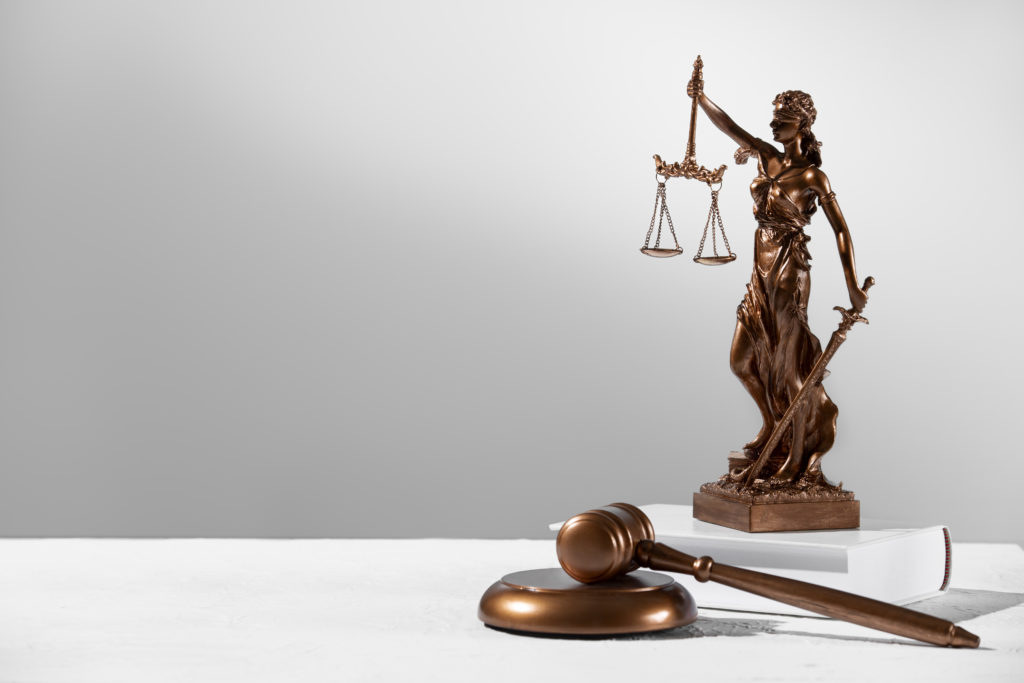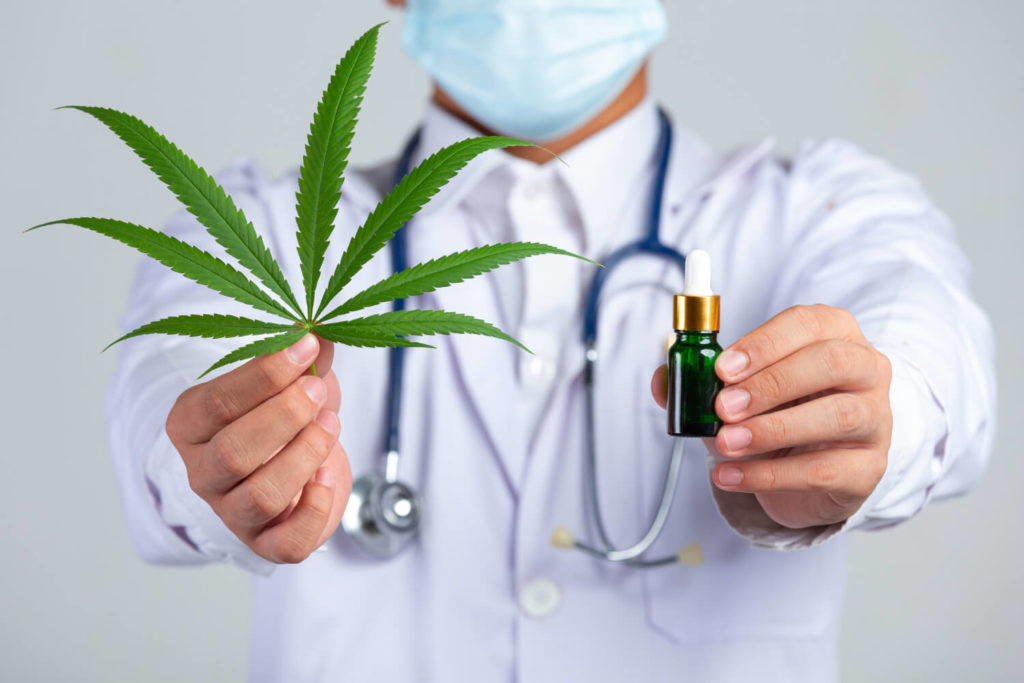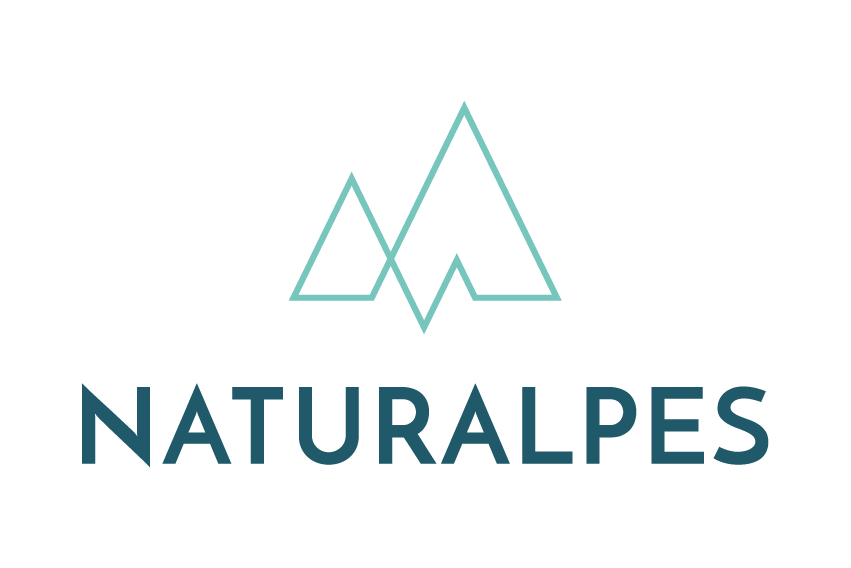Is CBD consumption appropriate for all age groups? At what age can CBD be taken? Focus on CBD or cannabidiol recommendations and legislation in France.
CBD legislation in France: what does the law say?
CBD legislation in France is a complex and often confusing subject for many consumers and retailers. As CBD gains popularity as a natural remedy for various health problems, it's important to understand what the law says in France.
French legislation considers CBD to be regulated by the Public Health Code. According to the law, CBD, or cannabidiol, is authorized on condition that the THC (tetrahydrocannabinol) content of the finished product is less than 0.3%. THC is the psychoactive substance present in cannabis that causes the "high" associated with marijuana.

French regulations clearly distinguish CBD from cannabis, which is illegal due to its high THC content. Only flowers and derived products containing CBD (oils, capsules, cosmetics, etc.) are authorized.
One of the main legal requirements concerning CBD in France is the prohibition on making therapeutic or medical claims about CBD products. This means that companies cannot claim that CBD cures or treats a specific disease. They are allowed to describe the potential benefits of CBD, but they must refrain from making exaggerated promises.
In France, legislation on cannabis is strict. Cannabis is considered a drug and its recreational use is illegal. However, the situation is different when it comes to CBD. By law, products containing CBD can be sold and consumed provided they comply with certain regulations.
Firstly, the CBD used must be extracted from hemp varieties specifically approved by the European Union. The hemp used must contain a THC concentration of less than 0.3%. This means that CBD products sold in France must not contain more than 0.3% THC.
CBD is known for its anti-inflammatory, analgesic and relaxing properties, and is often used to treat conditions such as epilepsy and chronic pain. However, the recreational use of CBD is still subject to debate. Some supporters of cannabis legalization argue that CBD should be legalized for recreational use, arguing that this could help create a regulated market and help limit the problems associated with illegal drugs.
Others, however, are concerned about the potential side effects and addiction associated with cannabis consumption. The process of legalizing CBD in France has been long and complex. While other countries, such as Canada, have legalized cannabis for recreational use, France has remained firm in its prohibition stance.
However, there have been growing calls for more flexible regulation of cannabis, and some hope that CBD legislation could be a first step towards eventual full legalization.
Can under-18s buy and consume CBD in France?
The question of the legal age for buying and consuming CBD in France is often a source of confusion. It's important to understand the regulations in force to avoid breaking the law and ensure the safety of young consumers. According to French regulations, the legal age for buying and consuming CBD is 18. Unlike THC, CBD has no psychotropic effects, but it's important not to abuse it and to use it responsibly.

This age regulation is primarily based on the protection of young consumers. The effects of CBD on brain development in people under 18 are not fully understood, so it's best to limit their access to these products.
It's also important to note that merchants selling CBD products are required to verify the age of their customers before selling to them. They must ask for identification to ensure that the buyer has reached the legal age.
Parents and guardians also play a vital role in protecting young people from access to CBD. They must explain the potential dangers and the rules in force to children and teenagers, in order to make them aware of responsible and legal consumption of CBD products.
It's worth noting that penalties can be imposed on merchants who sell CBD products to minors. They risk fines and up to two years in prison.
Is it possible to target advertising to young people?
In France, advertising for CBD, also known as cannabidiol, is highly regulated, particularly when it comes to targeting young people. CBD is one of the molecules present in cannabis, a plant that has long been considered an illegal drug in France.
However, with the legalization of medical cannabis in some countries and the recognition of its medicinal properties, the debate on the legalization of cannabis in France has become more prominent in recent years.
This measure is a way of distinguishing CBD from other drugs such as cocaine, heroin and other illegal narcotics. Nevertheless, advertising CBD products is subject to various restrictions. Under current legislation, targeted advertising of CBD to young people is not permitted in France.
Indeed, it is forbidden to promote any form of cannabis consumption, whether for recreational or therapeutic purposes. The aim of this ban is to protect young people's health and combat the potential dangers of cannabis consumption, which can have harmful effects on the cerebral development of adolescents.

With regard to CBD advertising, the French authorities have adopted a cautious stance. Advertisements must therefore comply with this limitation and not encourage the consumption of CBD for recreational purposes or excessively. It is important to note that regulations concerning CBD may evolve in the future in France, depending on advances in scientific research and public health policies. The debate on the legalization of cannabis and its derivatives remains open, with many voices calling for more flexible regulation of CBD, particularly for its potential therapeutic properties.
However, pending any changes in legislation, it is essential to comply with current laws on targeted CBD advertising in France. Advertising targeted at young people could result in criminal sanctions, such as fines or even imprisonment, depending on the seriousness of the offence.
In conclusion, targeted advertising of CBD to young people in France is currently prohibited due to the prohibition of cannabis for recreational purposes. Current legislation strictly regulates CBD advertising, notably by restricting its promotion to young people. It is essential to respect these rules to safeguard the health and well-being of the younger generation.
The precautionary principle
The precautionary principle is a concept widely used in the field of public health to take protective measures when scientific data are uncertain or insufficient. In the case of CBD in France, the precautionary principle is also applied to regulate its use and marketing.
In addition, the marketing of certain CBD products, such as hemp flowers and leaves, is strictly regulated. These products cannot be sold to people under 18, due to the precautionary principle applied to protect young people from the potentially harmful effects of CBD. French health authorities admit that they still know little about CBD and prefer to take precautionary measures to ensure the safety of consumers, particularly young people.
In January 2022, a Conseil d'Etat ruling suspended the marketing ban on cannabis flowers and leaves containing CBD. However, the sale of these products remains subject to strict restrictions to ensure compliance with safety and health risk prevention standards.
It's also important to note that CBD legislation in France evolves regularly. Various court rulings, ministerial decrees and scientific advances can influence the rules and regulations surrounding CBD. Consequently, it's essential for consumers and CBD market players to keep abreast of the latest legal developments.
Summary
French legislation considers CBD, or cannabidiol, to be regulated by the Public Health Code. The law authorizes the use of CBD on condition that the THC (tetrahydrocannabinol) content of the finished product is less than 0.3%. THC is a psychotropic substance present in cannabis that produces the "high" effect.
In France, CBD is distinguished from THC, which is illegal due to its high content of the psychotropic molecule. Only flowers and CBD-derived products, such as oils and cosmetics, are authorized. It's important to note that the law forbids making therapeutic or medical claims about CBD products.
As regards the legal age for buying and consuming CBD, French regulations set the minimum age at 18. Merchants selling CBD products are required to verify the age of their customers, and must ask for identification to ensure that the buyer has reached the legal age.
Parents and guardians also play an essential role in protecting young people from access to CBD by explaining the potential dangers and the rules in force. Violators of the regulations can be punished by fines and prison sentences.
Advertising targeted at young people is strictly prohibited in France for CBD products. Advertising regulations for CBD are similar to those applied to tobacco and alcohol advertising. Advertisements for CBD products may not make therapeutic or medical promises, must carry a health warning notice and are subject to specific restrictions on the type of advertising and promotion that may be used.
In line with the precautionary principle, the French authorities have introduced measures to regulate the use and marketing of CBD. CBD is considered a food additive and is subject to food safety standards. Some CBD-based products, such as hemp flowers and leaves, cannot be sold to people under the age of 18 due to concerns about the safety of young people.

